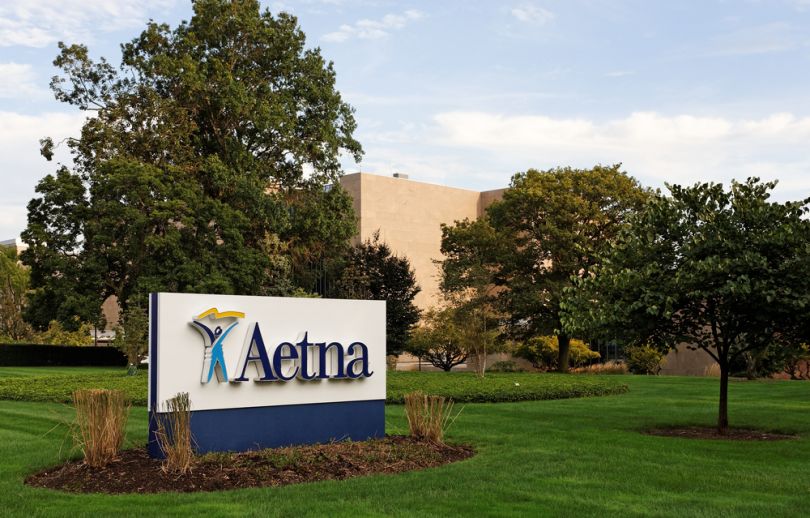
Health payer Aetna, fresh off an acquisition by CVS Health, has joined the Synaptic Health Alliance to explore applications of blockchain technology in a pilot, reports HealthPayerIntelligence.com.
Aetna described its ambitions in a press statement with fellow alliance member Ascension, explaining its desire to improve data quality and reduce administrative costs associated with provider demographics.
The Synaptic Health Alliance was formed in April with the goal of “exploring how blockchain technology could help ensure the most current health care provider information is available in health plan provider directories, providing consumers looking for care with the most accurate information when they need it,” according to HealthPayerIntelligence.com. It also includes Humana, MultiPlan, and UnitedHealthcare as participants.
With 22 million people under their coverage, Aetna has amassed a great deal of data that should serve it well during this pilot. Meanwhile, Ascension’s addition offers pivotal information from accurate provider directories.
“Maintaining up-to-date health plan provider directories is a critical, complex and challenging issue facing organizations across the health care system,” the press release stated. “Federal and state laws require that health plans maintain directories containing basic information about physicians and other health care providers. Industry estimates indicate that $2.1 billion is spent annually across the health care system acquiring and maintaining provider data.”
“Blockchain is the trigger that brought us together, but the collaboration to solve widespread healthcare problems is our real goal. We envision the possibility of effecting change at scale – helping to make the health system work better for everyone.”
Ultimately, the alliance plans to use a permissioned blockchain in an effort to boost provider data accuracy. “Through what it is calling the ‘provider data exchange’ (PDX), Alliance members would be able to actively share data with the aim of showing potential administrative cost savings for payers and providers while demonstrably improving provider demographic data quality and the experience of care for healthcare consumers,” the alliance detailed in a white paper.
“Blockchain is the trigger that brought us together,” said Optum Senior Distinguished Engineer Mike Jacobs to HealthPayerIntelligence.com, “but the collaboration to solve widespread healthcare problems is our real goal. We envision the possibility of effecting change at scale – helping to make the health system work better for everyone.”



